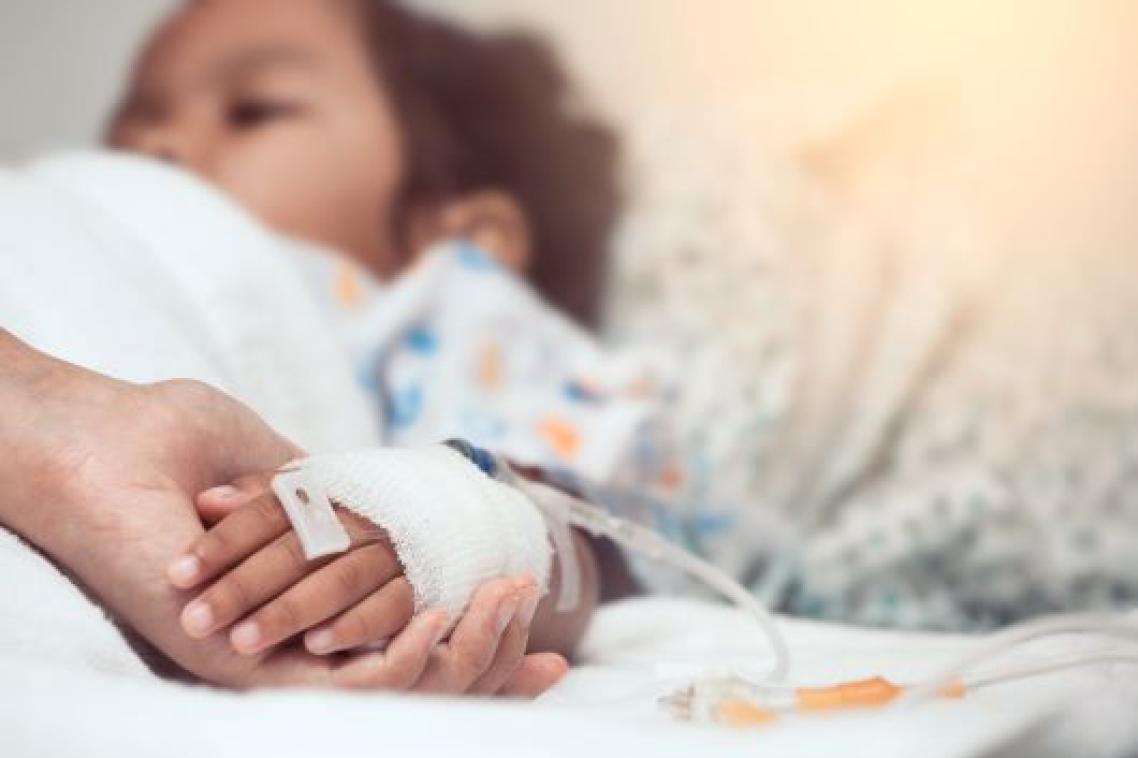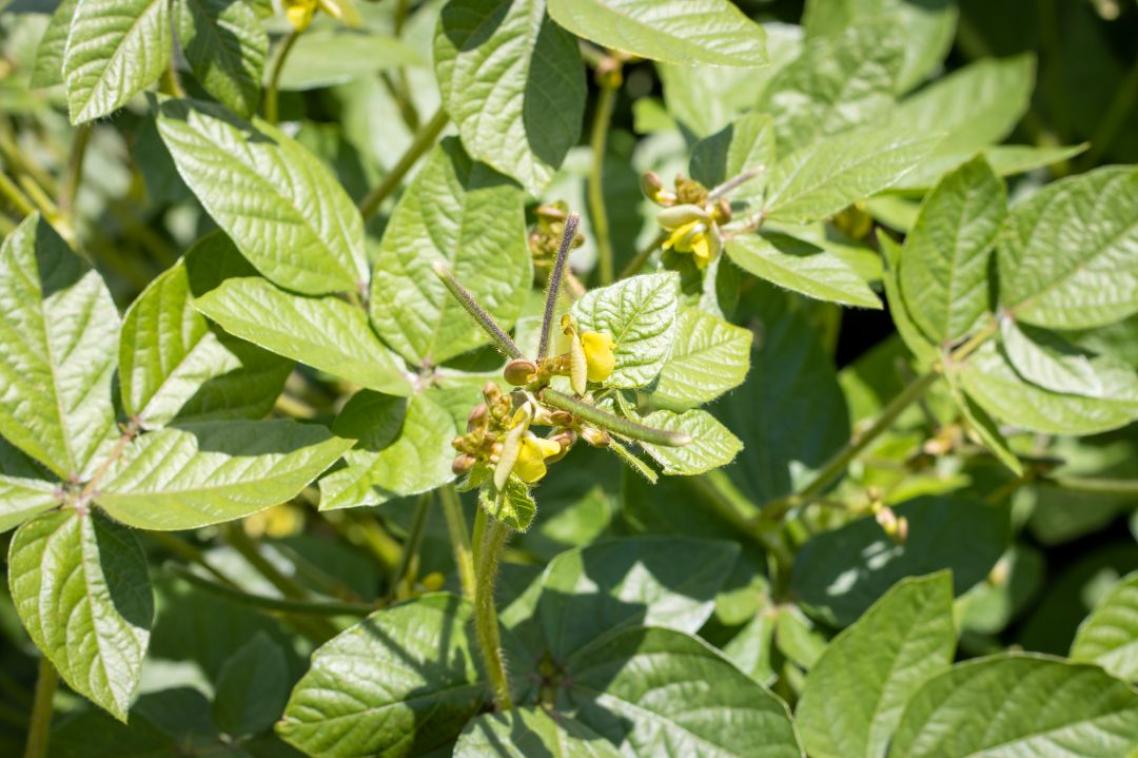New treatment hope for childhood cancers

University of Queensland research using 'natural killer' cells may lead to the first new treatment for a devastating childhood cancer in 40 years.
Associate Professor Fernando Guimaraes, a Principal Research Fellow from UQ’s Frazer Institute led a team to develop new therapeutic strategies for hard-to-treat paediatric sarcomas that have high rates of metastasis, recurrence or treatment resistance.
“These cancers have a very limited number of interventions. We really haven’t had any new treatments in the past four decades,’’ Dr Guimaraes said.
“Sarcomas can metastasise from the tumour to other parts of the body like lungs or brain, making the disease hard to cure. It is brutal and among the leading cause of death in Queensland children suffering from solid cancers.
“Research into these cancers has been underdeveloped and underfunded. This has the potential to be lifesaving and life changing for many patients.’’
Paediatric sarcomas, including Ewing sarcoma, osteosarcoma and rhabdomyosarcoma, represent 5-10 percent of all childhood cancers but are responsible for more deaths than brain cancer, melanoma, leukaemia and lymphoma.
There is a five-year survival rate of approximately 20 percent for patients in advanced stages of disease.
The new therapeutic strategy uses engineered immune cells, called natural killer cells, to target and destroy sarcoma tumours.
The treatment could also have impact on other hard-to-cure diseases such as triple negative breast cancer.
Clinical Director at UQ’s Ian Frazer Centre for Children’s Immunotherapy Research and Director of Oncology Services at Queensland Children’s Hospital, Associate Professor Wayne Nicholls, said the research was very promising and addressed an unmet need.
“Sarcoma is the biggest killer of people aged 10 to 30,’’ he said.
“These cancers are harder to treat with a poorer prognosis and there has been no improvement in survival for 40 years.
“At the moment, there are really no novel therapies available for paediatric solid tumours. This is a significant step forward towards a novel therapy that could be used for patients.’’
The study was a collaboration of researchers from UQ, Queensland Children’s Hospital, University of New South Wales and The University of Otago.
Research was funded by the Medical Research Future Fund in partnership with the Queensland Children’s Hospital Foundation, Richies Rainbow Foundation, Translational Research Institute and UQ; the Australia and New Zealand Sarcoma Association, supported by Kicking Goals for Xav, Stoney’s Steps and Stop Sarcoma; an Ian Frazer Centre for Children’s Immunotherapy Research Grant; the Cooper Rice-Brading Foundation, The Tie Dye Project, The Kids Cancer Project, Bricks & Smiles, and Tour de Cure.
The research is published in Clinical and Translational Medicine.
Media contact:
UQ Communications
communications@uq.edu.au
+61 429 056 139
Related articles

Australia needs doctors – so why are hundreds of qualified international physicians unable to work?

Flowering discovery could lead to more reliable mungbean yields
Media contact
UQ Communications
communications@uq.edu.au
+61 429 056 139
